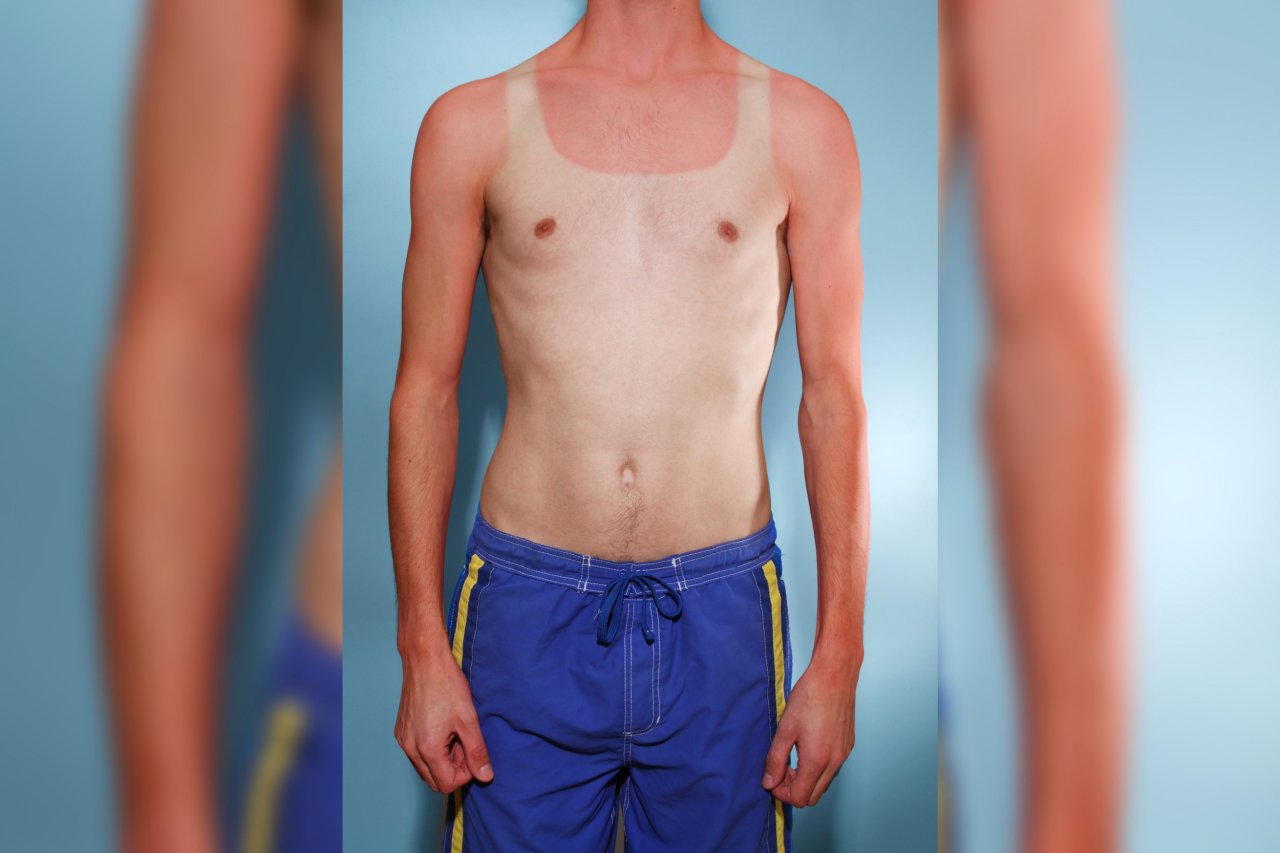
Summer is here, and with it comes a chance you'll get far too much sun. While there's no cure for sunburn and probably never will be, a small but intriguing new study suggests that taking high doses of vitamin D after exposure may prevent the associated redness and swelling.
In the paper, published in the Journal of Investigative Dermatology, researchers exposed 20 volunteers to a strong light resembling solar radiation to induce a sunburn on a small patch of skin on the inner arm. They then gave the "burn victims" varying large doses of vitamin D immediately afterward and followed up with the participants one, two and three days (and a week) later to measure skin redness and thickness.
The researchers found that taking vitamin D decreased inflammation, redness and swelling, compared with taking a placebo, and this effect increased in proportion to how much was consumed. The substance also appears to increase the activity of a gene called arginase-1, which is involved in tissue repair and healing.
Taking 50,000 international units of vitamin D—a large dose, 125 times the recommended daily allowance—led to a significant reduction in redness and swelling, compared with the placebo. Likewise, those who took 100,000 IU had even less swelling, and those who took 200,000 IU had the largest reduction in inflammation.
This is the first study to show that vitamin D can reduce inflammation in the skin and suggests that it "could potentially help prevent sunburn," says senior author Kurt Lu, a physician scientist and assistant professor at Case Western Reserve University and University Hospitals Cleveland Medical Center.
The question naturally arises: If I get burned, should I take a large dose of vitamin D? The authors of this study don't recommend it. "I think that's probably not a good idea and not well established by this study, and of course the authors aren't saying that either," says Barbara Gilchrest, a physician scientist with the dermatology department at Massachusetts General Hospital and Harvard Medical School.
Such large doses, if taken repeatedly over time, have the potential to cause vitamin D toxicity, known as hypervitaminosis D. In the study, however, no participants showed any side effects.
It used to be thought that vitamin D was primarily involved in helping to build healthy bones and muscles, but research over the past few decades has found that it has many more roles in the body. Those include helping to regulate the immune system and influencing inflammation, such as the kind associated with sunburns.



















